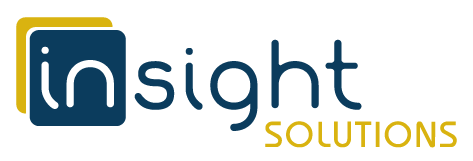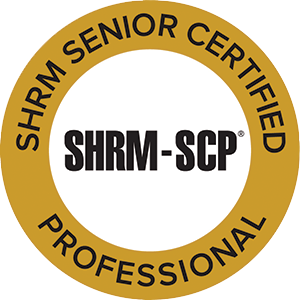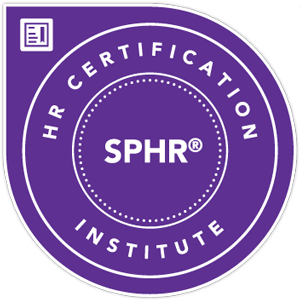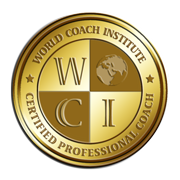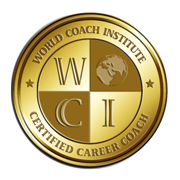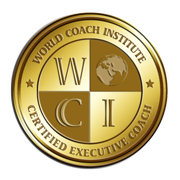Career coaching is an investment — of your time, money and energy. Is it worth it? How are you able to determine the return on your investment? While the exact figure varies from person to person, if you put in the work, career coaching will return benefits that far exceed the costs.
Given that you’ll spend between many hours of your adult life at work, according to Jessica Pryce-Jones, loving what you do isn’t a luxury. Pryce-Jones, researcher and author of Happiness at Work, asserts that work satisfaction depends on five critical factors:
• Contribution—the effort you make;
• Conviction—the motivation you have;
• Culture—how well you feel you fit at work;
• Commitment—the extent to which you are engaged; and
• Confidence—belief that you have in yourself and your job.
These factors require alignment between you (your natural abilities, interests, skills and values) and your career.
THE HIDDEN COSTS OF BEING IN THE WRONG CAREER
Working in a career that doesn’t align with your abilities or values impacts your psychological and physical health. You might not be able to focus, or maybe you’re irritable. This stress can morph into overwhelm, especially if you feel like you’re running on a treadmill, stuck in place. And if you’ve risen in the ranks, you may be well compensated, which might make you feel even more trapped.
A multitude of factors come into making prudent career choices; giving each of them the proper weight in the big picture requires objectivity and prudence. Attempting to figure it out on your own can be tricky, but fearful of making the wrong choice, you remain stuck. Over time, expending that much mental energy while staying in the same place takes a toll. However, if you’re frustrated, stressed or unhappy at work, career coaching is often the most direct and cost-effective route to resolving the underlying issue.
HOW TO DETERMINE YOUR PERSONAL CAREER COACHING ROI
Many people consider “finding a new job” their ultimate goal. In most cases, career coaching ultimately does lead to a change, which could mean a new job, a new company or a new career. The reason: the true ROI of career coaching lies in its power to facilitate an internal change, which is far more powerful. It’s impossible to make any change without doing something differently and career coaching is that catalyst for change.
The good news is that it’s never too late to decide what professional path to pursue. Once you identify the right career, the question no longer haunts you. Knowing gives you a solid foundation. It’s both a relief and, at the same time, empowering to achieve that clarity.
Financial reward — The trajectory of your career exponentially increases when you’re in a career that aligns with your talents and aptitudes. Loving what you do, you’ll expend less energy and achieve greater results.
Increased confidence — Career coaching empowers you to believe that you can do it, whatever your “it” may be. You’re no longer paralyzed or constricted by your insecurities. You develop the self-efficacy necessary to take calculated risks, and to grow.
Accountability — Your “say-do” ratio takes a dive when you repeatedly fail to do what you say you’re going to do. So many people promise themselves that they’re going to make a change, but years later, they’re still in that same job. By taking action, you’re increasing your accountability and trust in yourself.
A shift in perspective — Your thoughts, moods and behaviors all profoundly impact your results, for better or worse. Unfortunately, your blind spots can blur your awareness. A career coach can help you take a step back, examining the stories you tell yourself and, if necessary, reframing them.
Personal brand — Career clarity is foundational to building a strong personal brand. Career coaching can help you articulate your goals and identify your strengths. Your value in business escalates when you cultivate your personal brand in a way that establishes credibility as a subject matter expert or thought leader in your field.
Relevance — If you’re shifting careers, it can be hard to recognize how the current skills can be applied in other roles. An objective career coach can help you find the language to translate these skills and talents.
Strategy — Creating a bridge from where you are to where you want to be involves many critical steps. A career coach can help you create a plan, tailored to your unique situation.
In determining your own ROI of a career coaching engagement, start at the end. How do you want to feel? What plans do you want to have in place? What are those end results worth to you? If you feel like you are stuck in the wrong career, it’s likely due to the powerful force of inertia. Because venturing into the unknown can raise many fears, it might feel easier to simply stay put. But ignoring the stress and dissatisfaction that stems from being in the wrong career will keep you on the same path to nowhere.
